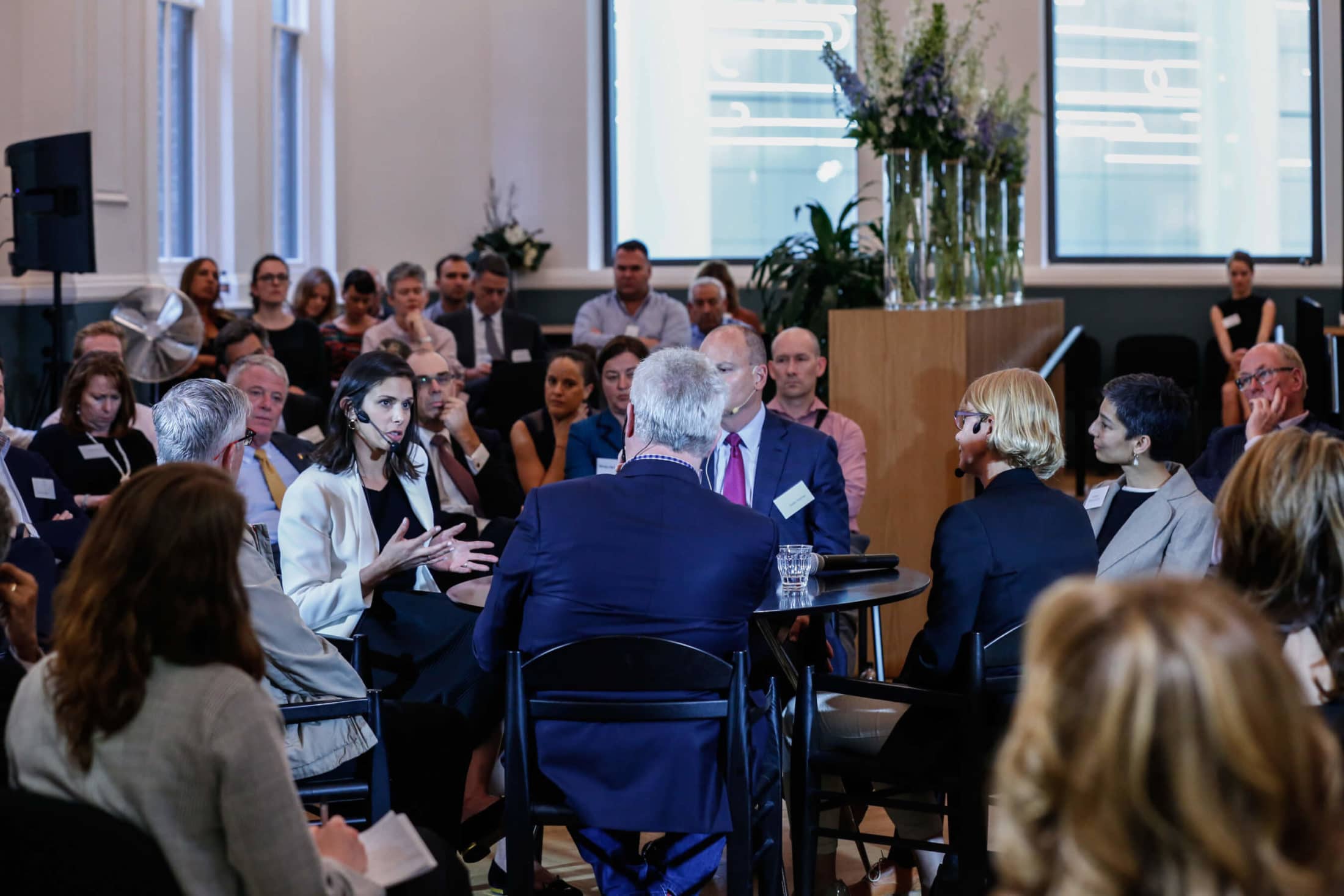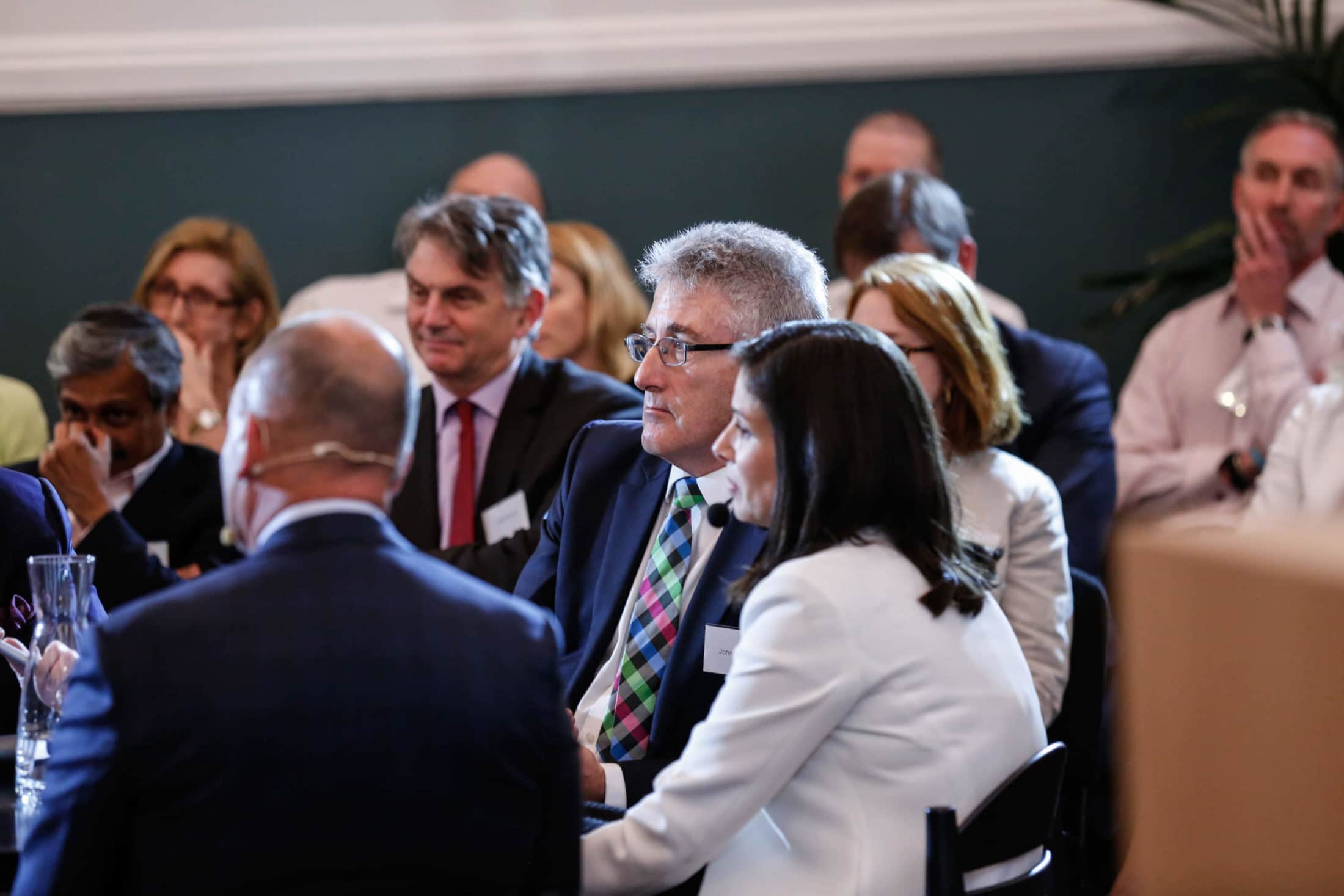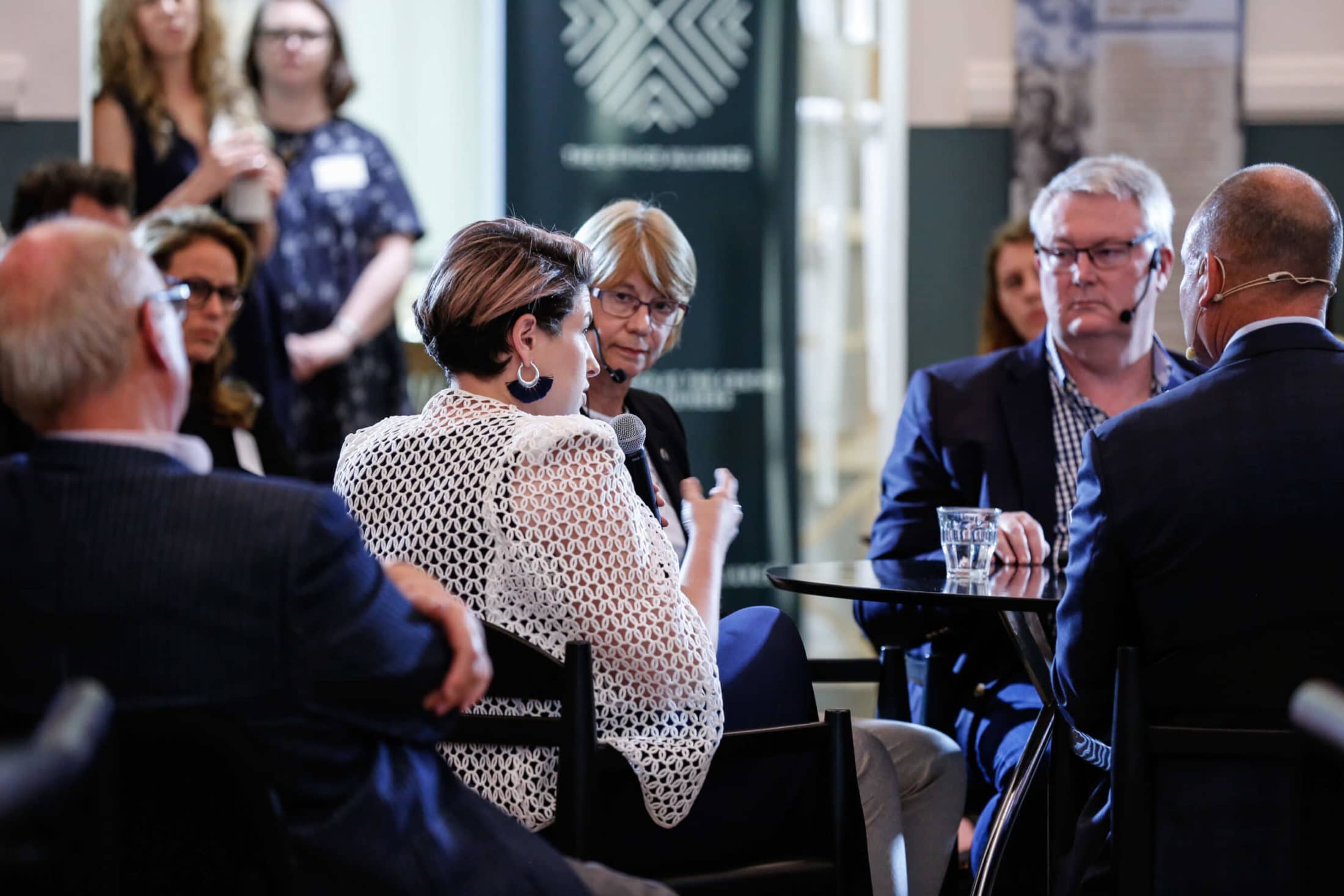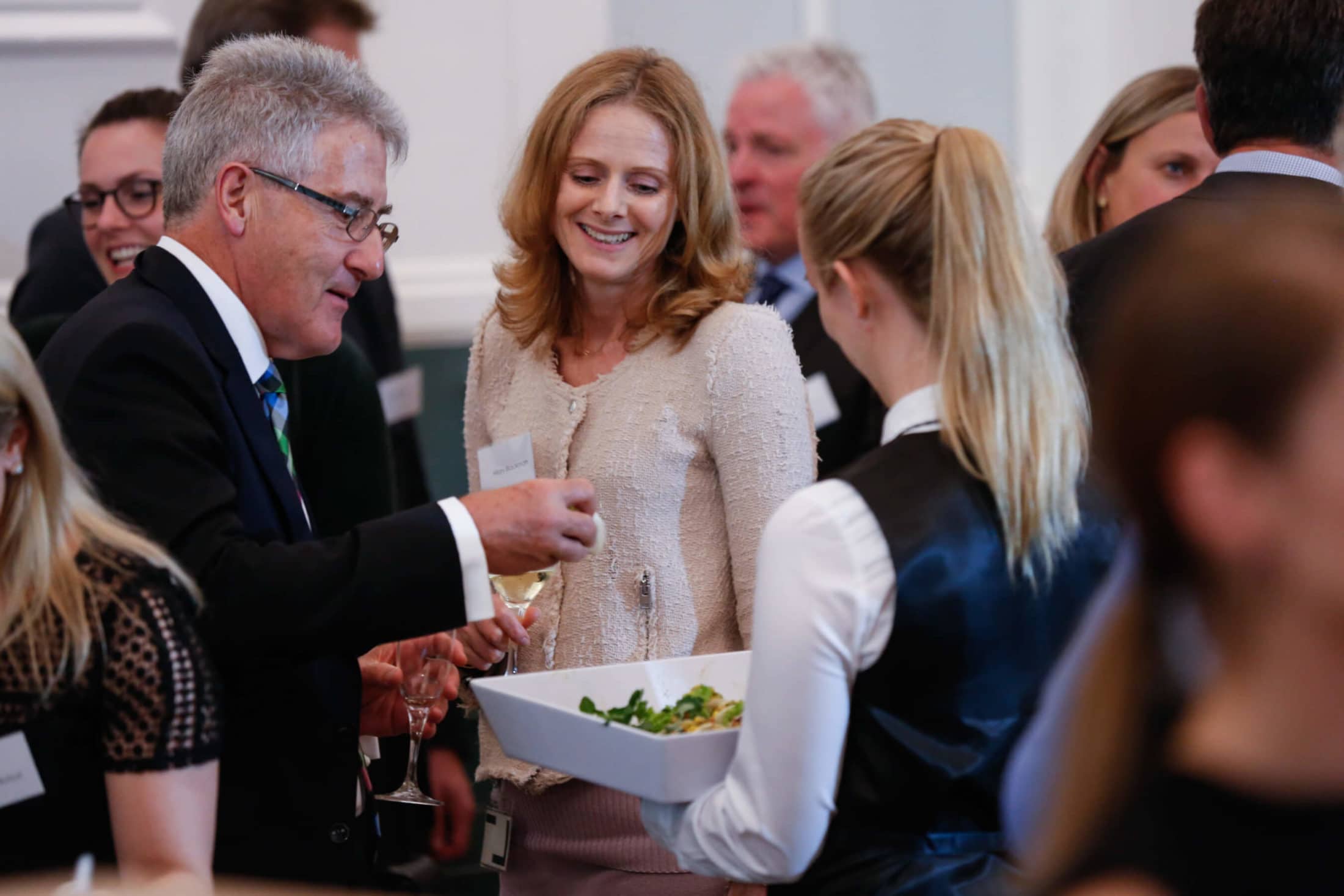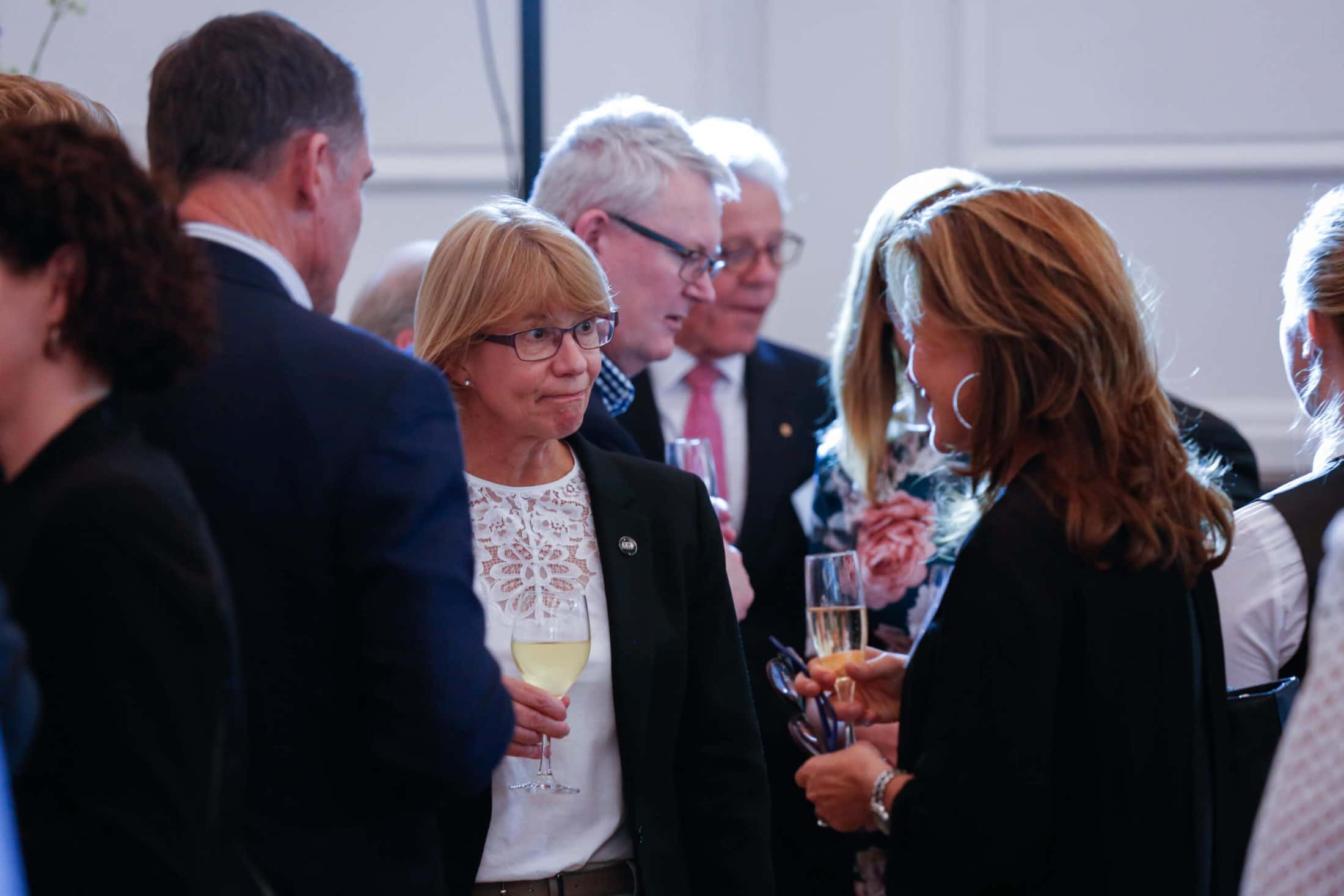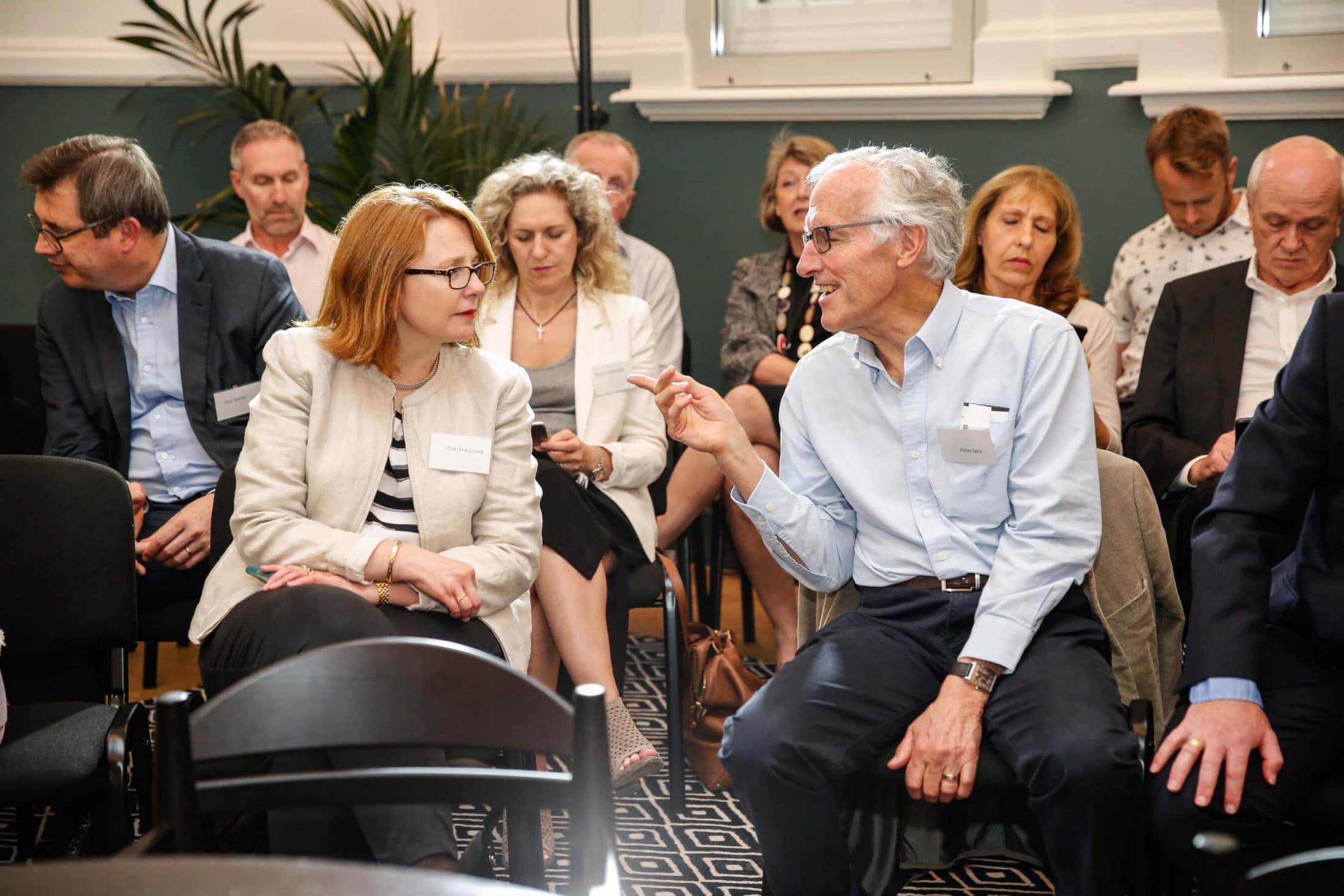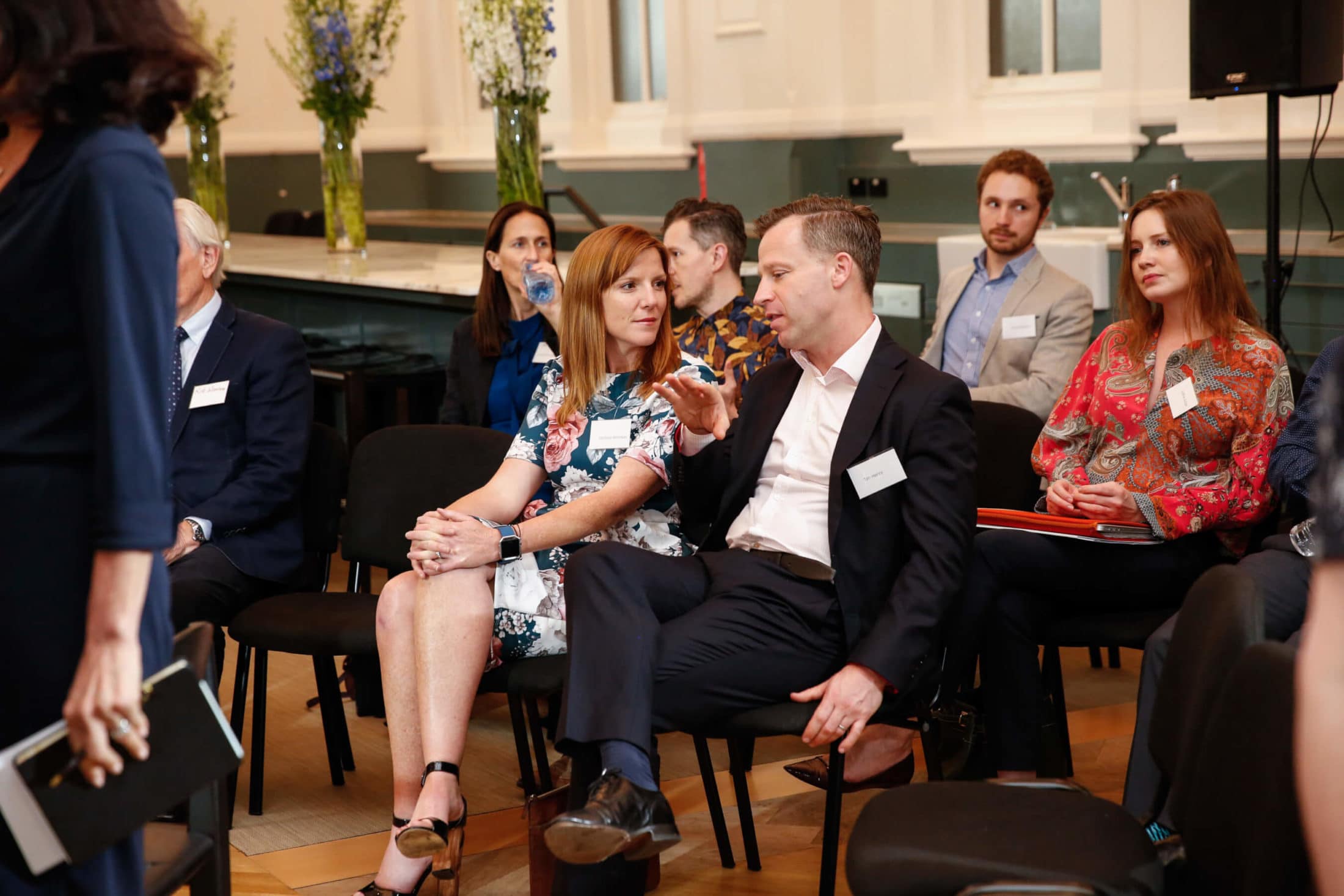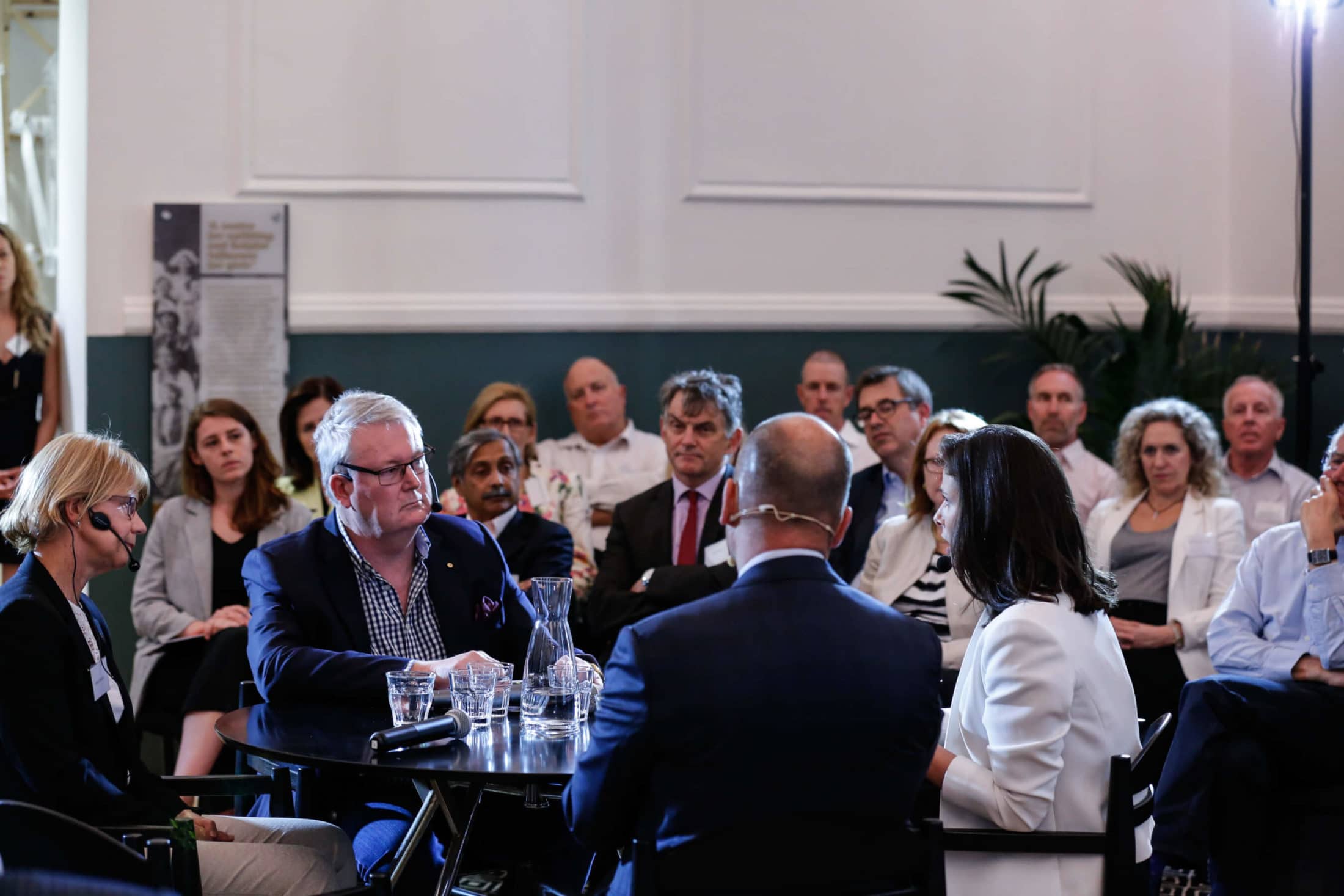
After almost thirty years of existence, The Ethics Centre has chosen this particular time to establish The Ethics Alliance. Why the Alliance, and why now?
I’ve heard it suggested that the Alliance is a necessary response to a period of history in which our trust in institutions – including banks, governments and the media – has dropped to a new low point. Some may see it as an opportunity for organisations to restore their battered reputations.
Others may see the Alliance a little more generously, as a community of like-minded organisations with a common commitment to good business practice. A collaborative effort to raise the standards of good business behaviour. A source of insights and tools that will enable better culture to emerge.
While low levels of trust certainly form part of the context within which The Ethics Alliance is emerging, we believe the root cause of our current malaise is something far more significant: the fact that we are on the edge of a transformation that will change our society in ways every bit as profound as those caused by the First Industrial Revolution.
The Ethics Alliance has a clear function. It is a mechanism for developing collective insight and practical measures that will support its members to manage this historic transition. The Alliance will enable companies – and the leaders who work in them – to harness change for the benefit of employees, customers and shareholders alike. The ultimate beneficiary will be the society in which we all live.
We are already seeing clues as to the general shape of the coming changes. Many of these are the product of scientific and technological innovation. Artificial Intelligence and robotics (including nano-fabrication by 3D printers) will displace vast numbers of people from employment. New jobs may be created – but there are very few credible plans in place to ensure the necessary transition will be just or orderly.
The upheaval in employment will be accompanied by a revolution in medicine. Gene editing (using the ‘cut & paste’ functions of CRISPR), pharmaco-genomics, the use of stem cells to regenerate organs and a myriad of other developments will see a startling increase in the lifespan of those who can afford these therapies.
The resulting seismic shift in demography will challenge all of our assumptions about what makes for a worthwhile life, about the status of long-established social institutions, about sources of value and so on. What kind of economy will be needed to support such a society? What is the role of the market, of government, of civil society?
These questions will create new practical challenges within every workplace. If one of the key responsibilities of business leaders is to anticipate and plan for the emerging future and creating organisations which are fit for purpose, then there is much to discuss. Scientists, economists, engineers and lawyers can help us to know what we could do in response to issues of this kind. But only ethics can help us decide what we should do.
We believe business, professional and government organisations not only have a responsibility to help meet the challenges of the future – they also have the capacity to do so.
These matters are not just for governments to solve. Few, if any, organisations will be able to address such ‘civilisational’ challenges alone. Aggregating the resources, energy and insights of members of The Ethics Alliance will achieve outcomes that individual organisations could never achieve on their own.
The Ethics Alliance will also provide practical tools to its members – building their capacity to make better decisions – even in conditions of uncertainty. And it will support innovation. The Ethics Alliance has been designed as a safe place for testing the boundaries of what might be possible.
Society may have lost a little of its faith in government and business lately, and that’s something we should all be concerned about. We believe business, professional and government organisations not only have a responsibility to help meet the challenges of the future – they also have the capacity to do so.
These same organisations cannot afford to ignore these issues or mismanage their response. This is not just about managing risk. It is also about learning how to harvest the dividends of progress without compromising the future.
In that sense, The Ethics Alliance is not so much a response, as a product of the times in which we live.

This article was originally written for The Ethics Alliance. Find out more about this corporate membership program. Already a member? Log in to the membership portal for more content and tools here.
Ethics in your inbox.
Get the latest inspiration, intelligence, events & more.
By signing up you agree to our privacy policy
You might be interested in…
Opinion + Analysis
Business + Leadership, Relationships
There are ethical ways to live with the thrill of gambling
Opinion + Analysis
Business + Leadership
How to deal with an ethical crisis
Opinion + Analysis
Business + Leadership
Why do good people do bad things?
Explainer
Business + Leadership, Relationships
